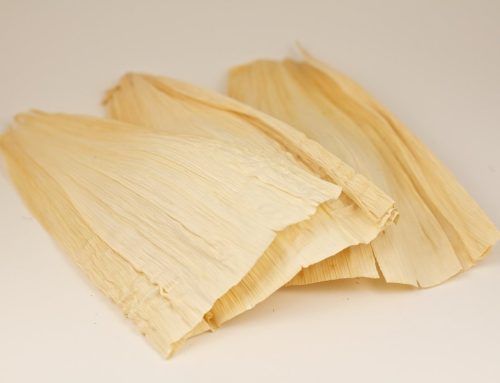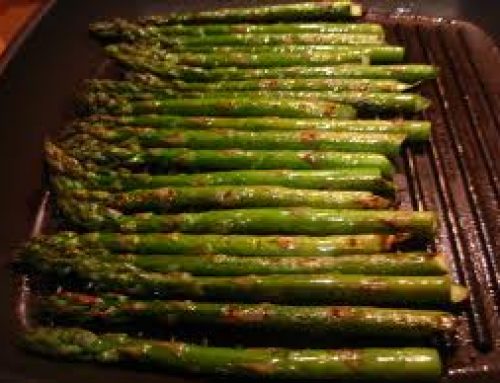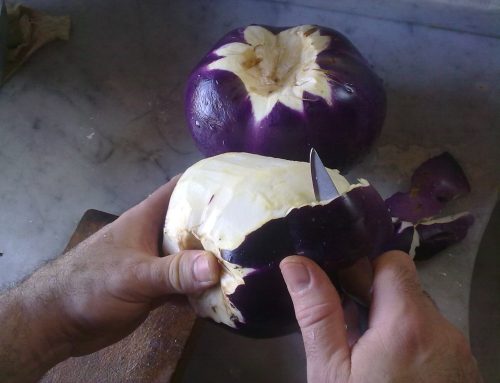Bilberries are the name of several Eurasian species of low-growing shrubs bearing edible, nearly blackberries.
Bilberries are distinct from blueberries but closely related to them.
They are also called blaeberries, whortleberries, whinberries, myrtle blueberries, and fraughan.
But can guinea pigs eat bilberries?
Can Guinea Pigs Eat Bilberries?
We take a look here and out more by checking out its nutritional data and find out more.
In particular, their acidic, water, sugar, fat, salt, calcium, and phosphorus content is of particular interest as far as guinea pigs are concerned.
Proteins 0.7 g
Water 0.2 g
Ash 87.1 g
Calories 44
Carbohydrates
Total Carbohydrates 11.5 g
Dietary Fiber 2.8 g
Starch 0.0 g
Sugar 0.0 g
Fats & Fatty Acids
Total Fat 0.5 g
Saturated Fat 0.0 g
Monounsaturated Fat 0.0 g
Polyunsaturated Fat 0.0 g
Vitamins
Vitamin A 1.08 RE
Vitamin C 44 mg
Thiamin 0.03 mg
Riboflavin 0.03 mg
Niacin 0.583 NE
Vitamin B6 0.06 mg
Folate 6 mcg
Pantothenic Acid 0.16 mg
ß-carotene 13 mcg
Minerals
Calcium 15 mg
Iron 0.8 mg
Magnesium 7 mg
Phosphorus 9 mg
Potassium 103 mg
Sodium 3 mg
Zinc 0.1 mg
Copper 0.11 mg
Manganese 3.3 mg
Selenium 0.0 mcg
Chromium 1 mcg
Source http://recipeclout.india-server.com/bilberry.html
As you can see bilberries contain a hint of fat, a decent amount of phosphorus, quite a bit of calcium, they are also a little acidic.
However, they contain a very good amount of vitamin c.
Because of the above information, guinea pigs can eat bilberries but only a small amount on a once a week basis. This is because of its calcium and phosphorus content.
But because of its vitamin c content, it’s a good addition to a guinea pigs diet.
For more foods that guinea pigs can and can’t eat, check out our GUINEA PIG FOOD LIST.





